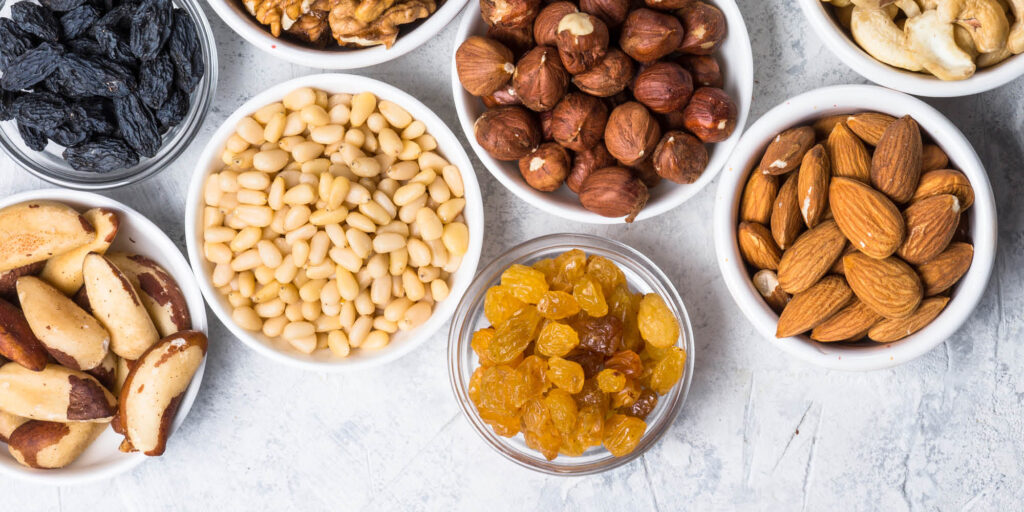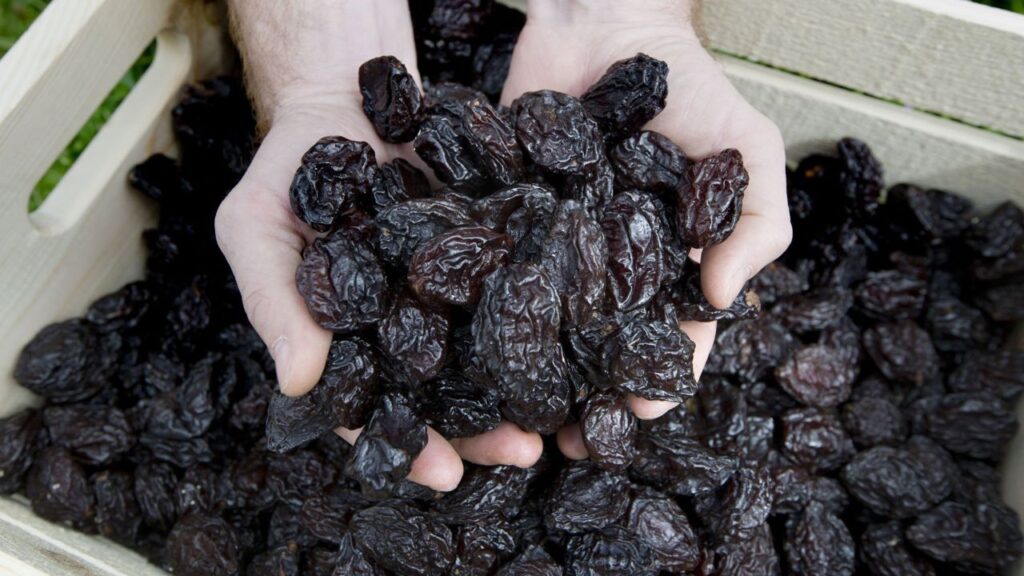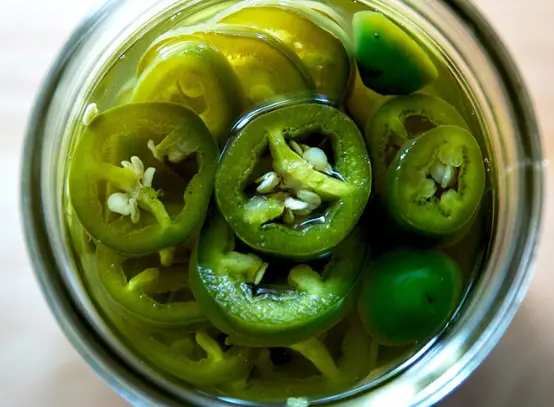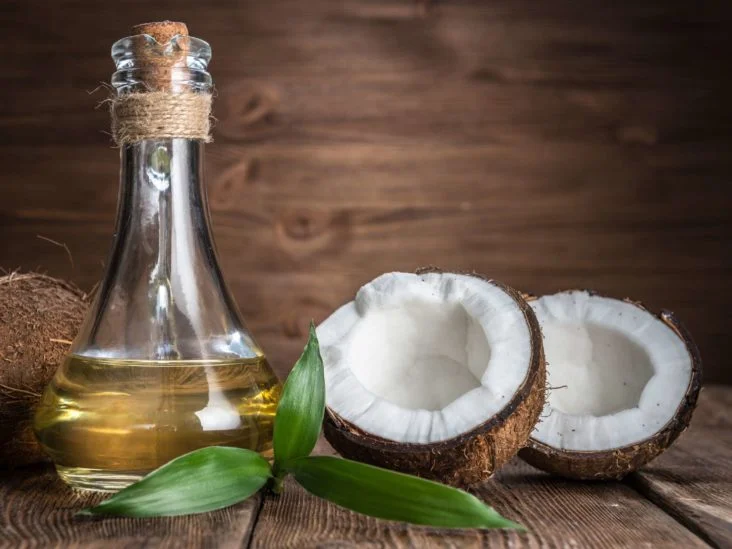Acne is a skin problem that can affect anyone. It happens because of different reasons like genetics, hormones, or what we eat. Coconut oil is gaining attention for its health and beauty benefits, so people are curious if it can also lead to acne. This article will discuss how coconut oil is connected to acne and the possibility of it causing skin breakouts.
Table of Contents
Can Eating Coconut Oil Lead to Acne?
It’s possible that eating coconut oil might lead to acne. This is because coconut oil can block your skin’s pores, which could cause pimples. Eating too much coconut oil might make your skin produce more oil, which isn’t good for people who already have oily or acne-prone skin.
The Impact of Coconut Oil on Acne
Coconut oil might have good and not-so-good effects on acne. It has a substance called lauric acid, which can fight bacteria that cause acne. This might help reduce acne breakouts.
The oil from coconuts can also make your skin moist and less red, which are important for fighting acne.
But some people find that using coconut oil on their skin actually makes them get more acne. This is because coconut oil can clog pores, leading to blackheads and whiteheads.
Since everyone’s skin is different, and so is the way coconut oil is made, if you have oily or acne-prone skin, you should be careful with coconut oil.
Positives of Coconut Oil for Acne
Coconut oil might help people with acne in several ways. Here are some benefits:
- It fights inflammation: The fatty acids in coconut oil can calm your skin down. This can help stop acne from forming in the first place.
- It kills bacteria: The lauric acid in coconut oil can get rid of the bacteria that cause acne, preventing new pimples from popping up.
- It keeps skin moist: Coconut oil works well as a natural moisturizer, making your skin soft and smooth. It has vitamins and minerals that help your skin heal itself.
- It’s natural: Coconut oil is a skin-friendly option that’s free from harsh chemicals, which is great for people with sensitive skin.
Although we need more research to fully understand how coconut oil works on acne, its ability to reduce inflammation and fight bacteria, and its natural properties, make it an option worth considering for natural acne treatment.
Possible Downsides of Using Coconut Oil on Your Skin
Using coconut oil on your skin is generally safe for most, but some side effects might occur:
- It can block pores: Coconut oil can cause pimples by clogging your pores. People with oily skin should think twice before using it on their face.
- Allergic reactions: Some might be allergic to coconut oil, leading to redness, itching, or swelling. If you notice these, you should stop using the oil and talk to a doctor.
- Irritation: Coconut oil could irritate your skin or create a burning feeling if you put it on cuts or broken skin. If this happens, clean your skin with soap and water.
- It can stain: Be careful when applying coconut oil, as it might stain your clothes or bed sheets. Use a small amount and wait for it to soak into your skin before getting dressed or lying down.
Even though coconut oil is quite safe and many people handle it well, you should still know these possible side effects and use it wisely on your skin.
Tips for Using Coconut Oil to Help with Acne
If you’re thinking of using coconut oil for your acne, here’s how you can do it:
Follow these suggestions for applying coconut oil to treat acne:
- Choose the right kind of coconut oil: Pick virgin or extra-virgin coconut oil because they are less processed and have more of the good stuff for your skin.
- Do a patch test: Try a bit of coconut oil on a small part of your skin first to make sure you don’t get a bad reaction or irritation.
- Apply it as a moisturizer: After cleaning your skin, you can gently rub a little bit of coconut oil on your face. You can do this in the morning, at night, or both.
- Use it on spots: If certain pimples are bothering you, dab a little coconut oil on them.
- Mix with other natural stuff: You can combine coconut oil with things like honey or tea tree oil to make your own acne remedy.
Keep in mind that while some people see improvements in their acne from coconut oil, it might not work for everyone. If your acne is really bad or won’t go away, better talk to a doctor or a skin expert for advice on what to do.
Final Thoughts
Coconut oil has been a traditional skincare remedy for many years. It has qualities that can reduce inflammation and kill bad bacteria, which can be helpful for those wanting to treat acne in a natural way.
Some people may find it helpful for acne, but it’s not for everyone, and it’s possible that it might lead to blocked pores. Make sure to use coconut oil carefully and not overdo it to avoid issues.
If you have serious or long-lasting acne, it’s a good idea to get help from a medical professional who can give you the right advice and treatment options.









